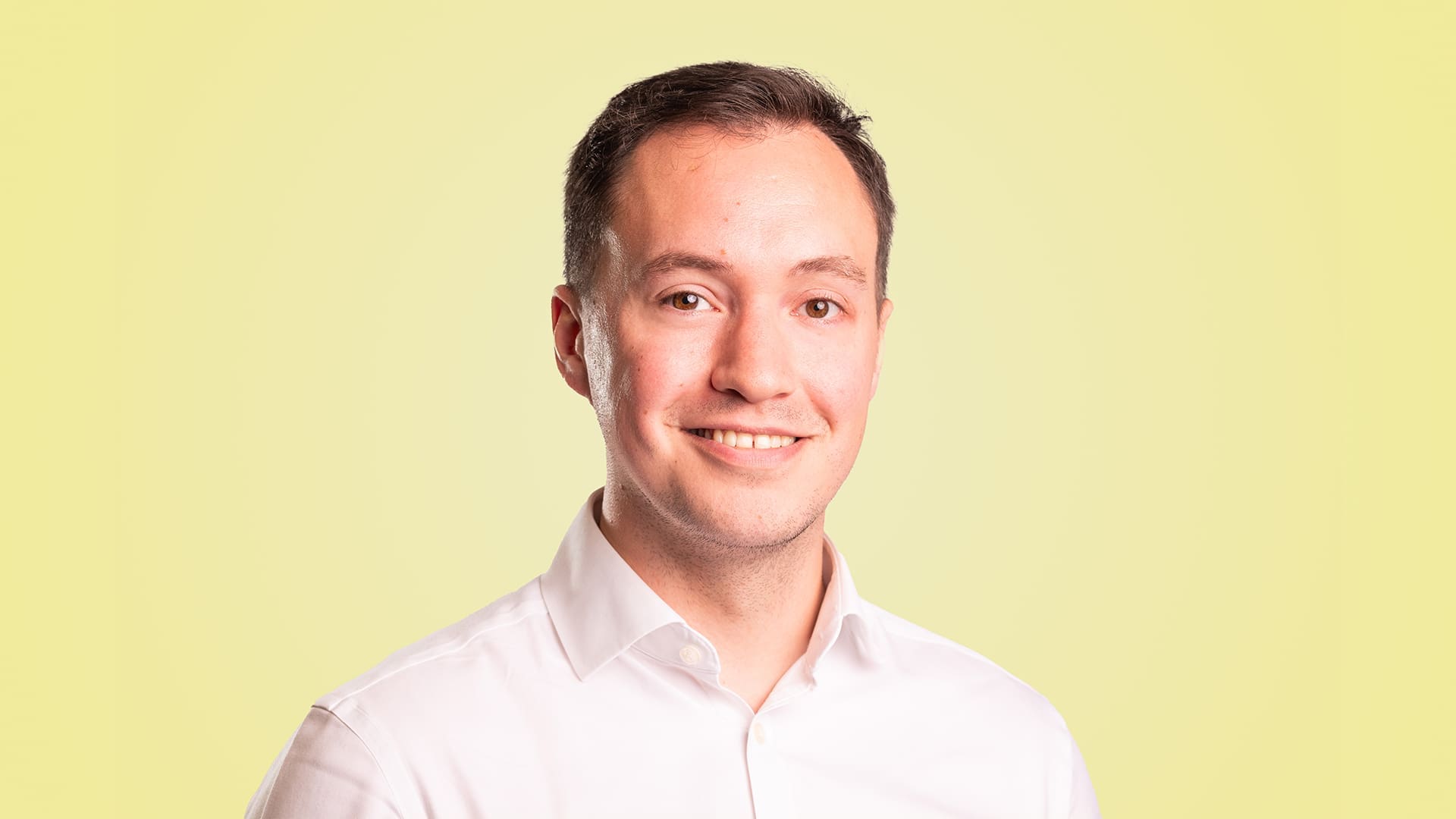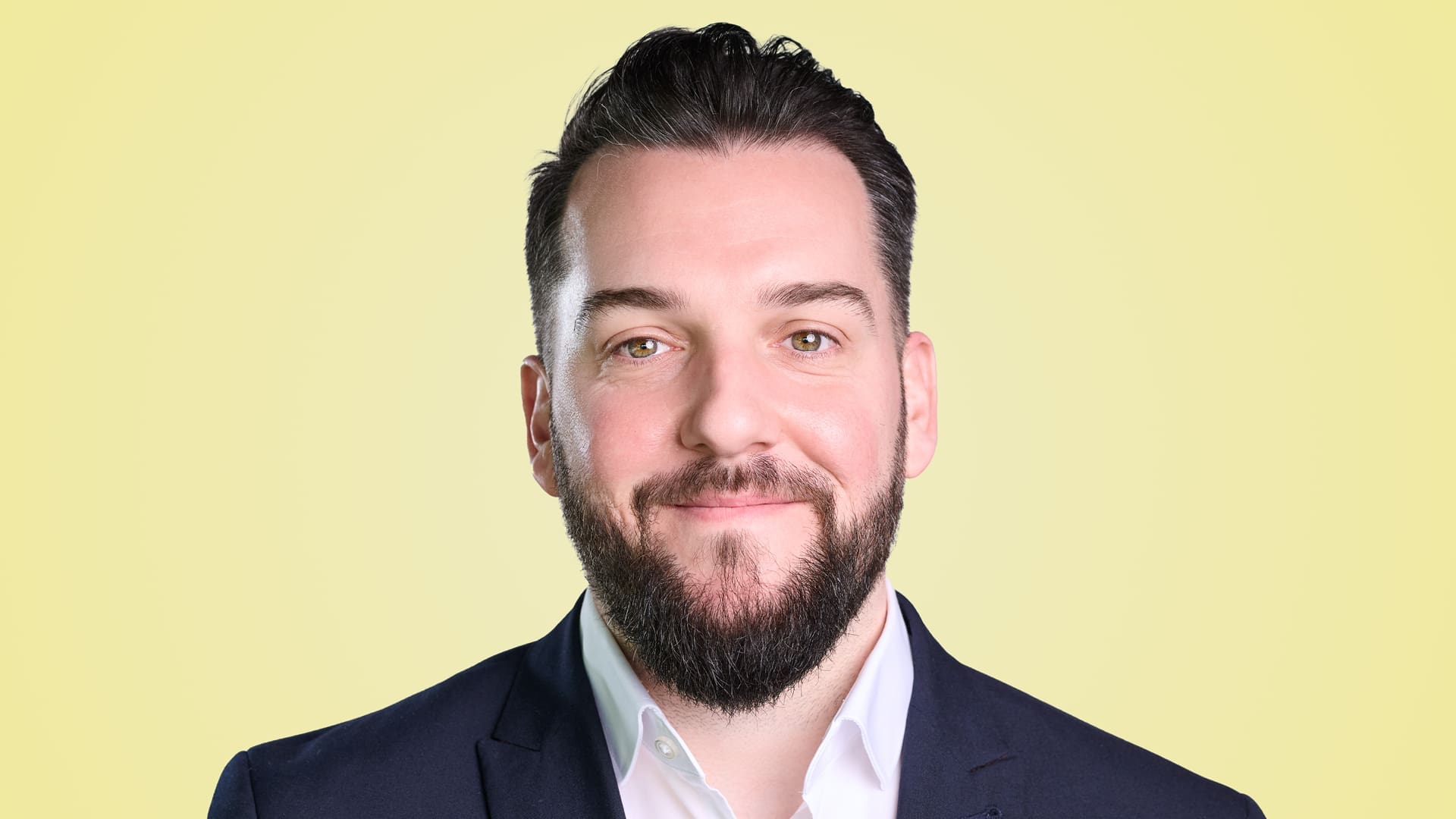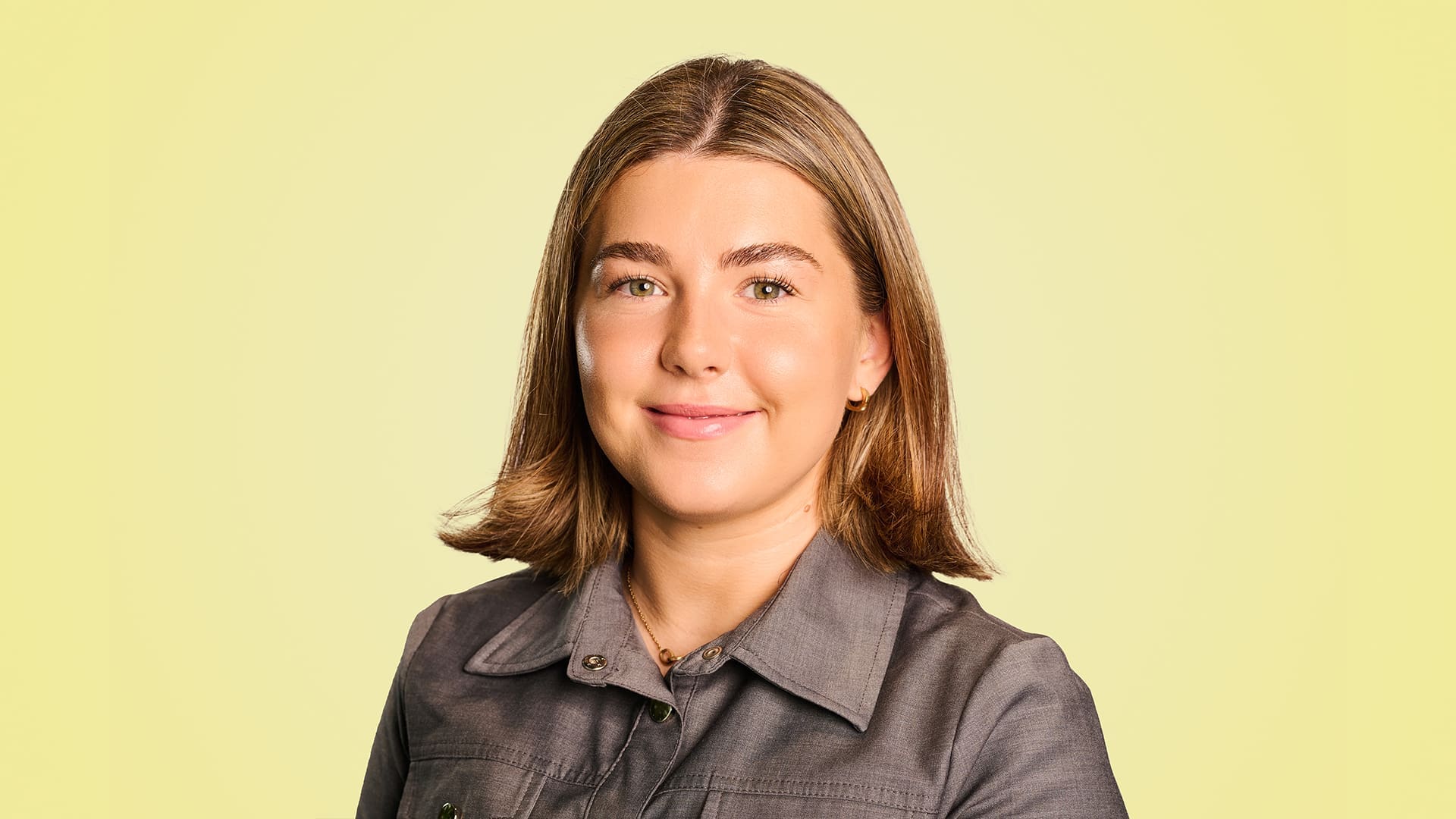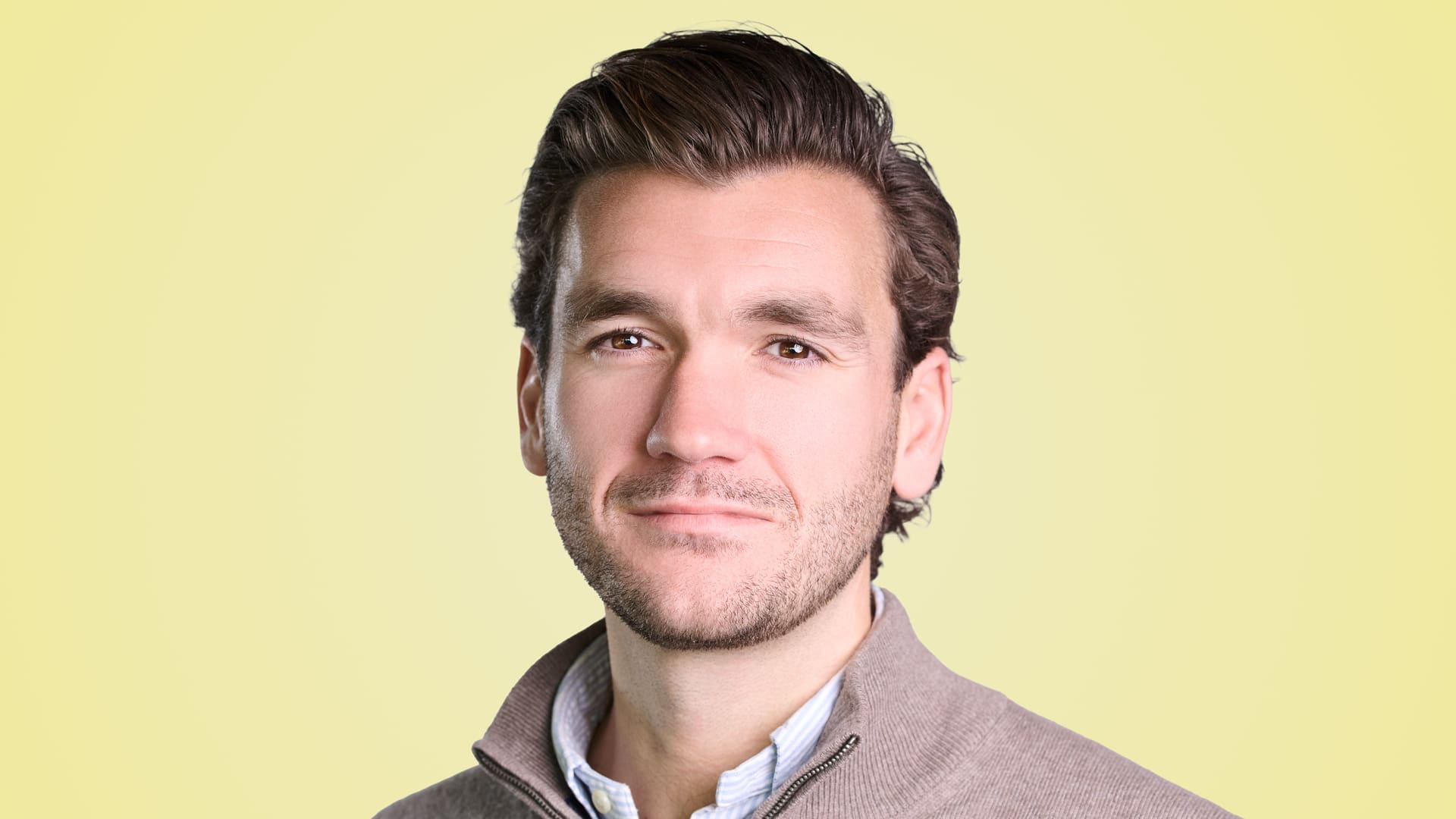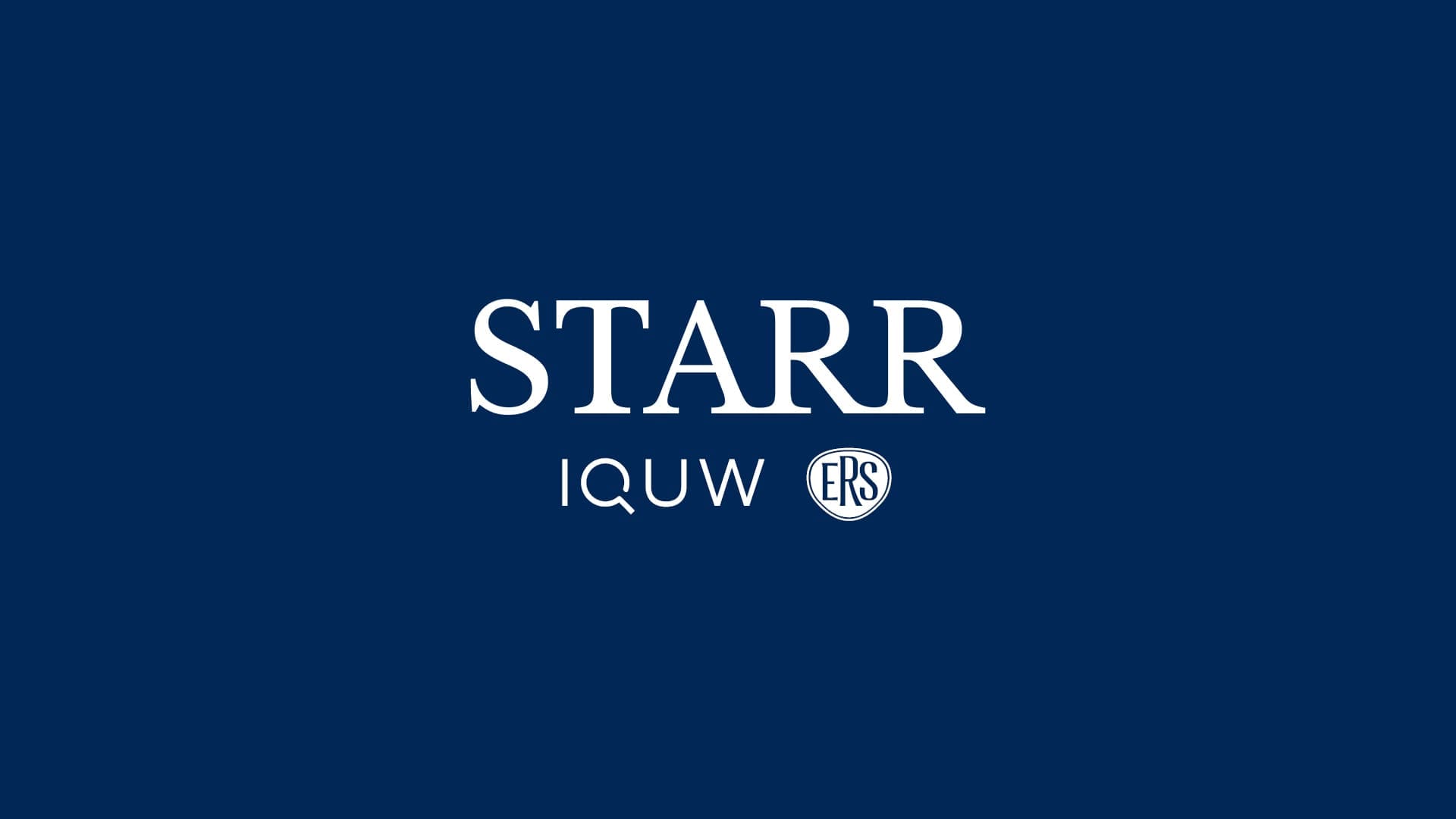Tell us about how you got into insurance and your career prior to joining IQUW.
After realising that my initial career hope of becoming a dentist was not going to work out, I decided to enrol in a Chemistry degree at Cardiff University. I wasn’t really wedded to the pharmaceutical R&D route, so while I was studying, I did work experience around the City. This included spending time shadowing asset management and stockbroking roles which I enjoyed but didn’t love. I then spent a week on Hiscox’s Kidnap & Ransom box in Lloyd’s, and that propelled me towards trying to get into a Lloyd’s underwriting position as quickly as possible. I loved the face-to-face trading and social aspect that the Lloyd’s market delivered and realised that was what I wanted to shape my career towards. After a summer internship at AIG in my second year of university, I graduated and started applying for roles in the insurance industry. My first job was at a subsidiary of Markel called Abbey Legal Protection, which specialised in Legal Expenses and Intellectual Property insurance. I joined the team as a junior underwriter, with the end goal of getting into the Lloyd’s market, which I achieved in 2015 when I moved into the Marine and Energy Liability team at Markel.
What attracted you to IQUW?
IQUW’s expansion into Ports and Terminals was an exciting opportunity to build something new from the ground up. While we didn’t previously have a dedicated offering in this space, I was starting with a highly respected team—Mark McDonach, Daisy Thompson, and Sav Sohal—who were already well established in the market. IQUW has now moved beyond the initial start-up phase and into a period of strategic growth, where we are bringing a fresh approach to underwriting. By combining data-driven insights, automation, and human expertise, I’m part of a company shaping an intelligent underwriting model that delivers smarter, more efficient solutions for brokers and clients.
What differentiates IQUW’s approach?
First-class service. We aim to respond to our clients and brokers within 24 hours for standard enquiries, and where we need to do more background underwriting and analysis, we ensure stakeholders know the timeframes to which we are working with an initial rating. When things get complex, we aim to give an alternative view turning an otherwise ‘maybe’ into a ‘yes’.
Culture is particularly important here. From day one at IQUW, the difference in culture was significant, and immediately impactful. We have a fantastic group of collaborative underwriters and support functions. Throughout the organisation, everyone is at the top of their game, and even though we have grown rapidly, we are still nimble and all together on one floor. Our underwriters are all leaders in their own classes of business, and that really drives you to be better at your job to keep up with them.
Tell us about your team.
The Marine, Energy and Aviation (MEA) team has grown even further since I started last year. The energy team has hired an engineer, another senior underwriter, and an underwriting technician, and we’ve had Darren Stewart start as our dedicated Head of Claims for MEA, which is going to be massive as we look to lead a lot more business. That’s a focus of ours, and part of my own remit.
What are your priorities?
My main aim is to grow a profitable book of business for IQUW, to establish a lead market presence within the Ports and Terminal space in the London market, and to embed myself within the company, because the buy-in from colleagues is what drives everyone here. IQUW is unlike anywhere else I’ve worked, and I want to get stuck in and enjoy our success together. We are also always looking to cross-sell where it is sensible to do so. Marine and Energy Liability is quite an easy one, because quite a lot of Ports and Terminals books fall into that class anyway, and there are cross-selling opportunities within the Cargo, Property D&F, and Political Violence & Terrorism teams. Utilising each other’s expertise is extremely helpful.
What trends are you seeing in your line?
There is currently a lot of capacity in our market and competition is very high, driven by pretty good results in the last couple of years. However, the frequency and severity of Cat losses, predominantly North Atlantic windstorms, hits the headlines every single year and they are getting worse. That’s a massive challenge for my market, being a coastal property account, so it’s about strategically managing our aggregates to ensure we can support our brokers and clients when they face difficult and challenging events.
Find out more about Ports & Terminals here.


